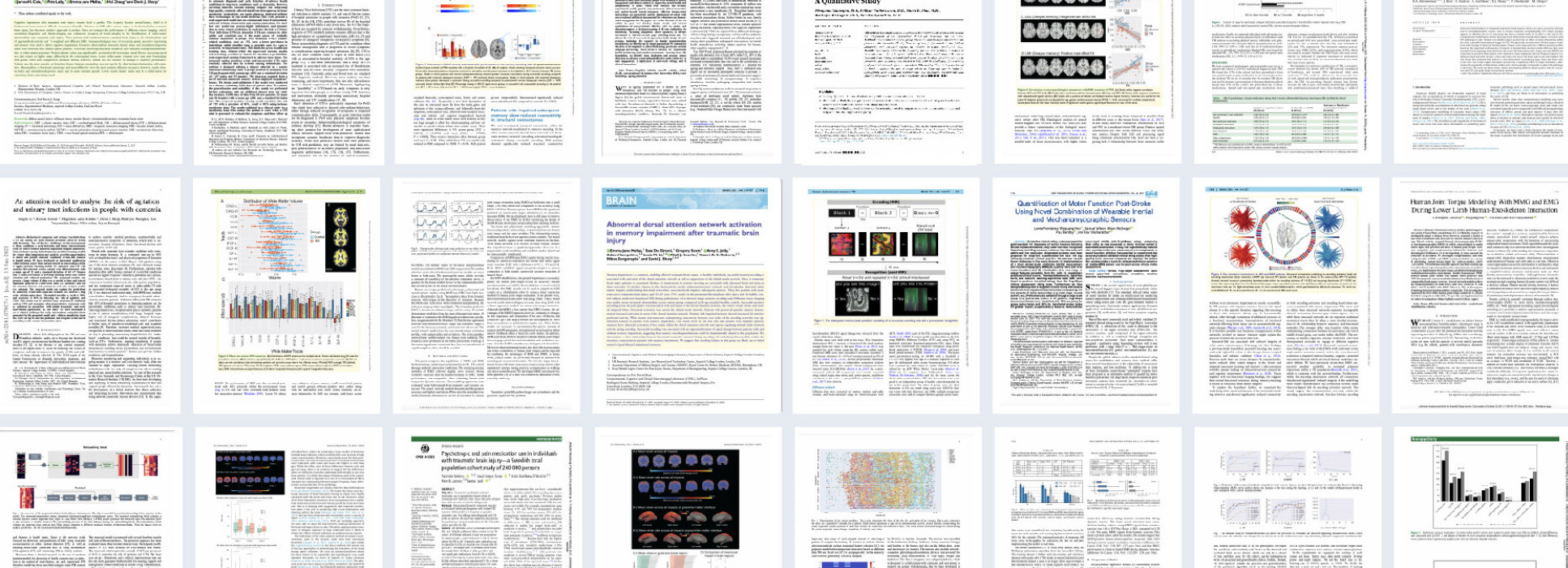BibTex format
@article{Hine:2022:10.1177/09697330211062980,
author = {Hine, C and Nilforooshan, R and Barnaghi, P},
doi = {10.1177/09697330211062980},
journal = {Nursing Ethics: an international journal for health care professionals},
pages = {1035--1046},
title = {Ethical considerations in design and implementation of home-based smart care for dementia},
url = {http://dx.doi.org/10.1177/09697330211062980},
volume = {29},
year = {2022}
}




